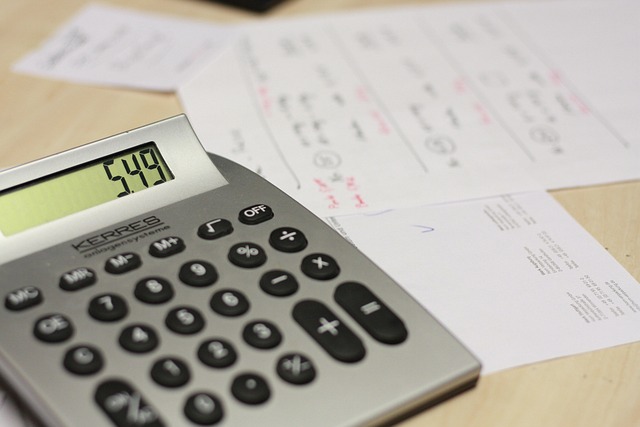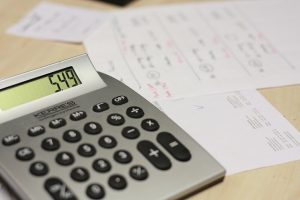
Reconciliations: What Causes Unequal Ending Balances?
 Reconciliations are an important part of accounting. They involve checking two or more records to ensure they match. If you use accounting software to record your business’s transactions, for instance, you may want to cross-reference those listed transactions with your bank account statements. Each transaction should appear in the accounting software and on your bank account statements. If they don’t match, you’ll need to investigate. Unequal ending balances such as this are typically the result of one or more of the following.
Reconciliations are an important part of accounting. They involve checking two or more records to ensure they match. If you use accounting software to record your business’s transactions, for instance, you may want to cross-reference those listed transactions with your bank account statements. Each transaction should appear in the accounting software and on your bank account statements. If they don’t match, you’ll need to investigate. Unequal ending balances such as this are typically the result of one or more of the following.
Missing Transactions
One of the most common causes of unequal ending balances is missing transactions. Each transaction must appear on your bank account statements and your accounting software. If a transaction only appears on your bank account statements, you’ll have an unequal ending balance. Your bank account statements won’t match your accounting software, resulting in an unequal ending balance.
Duplicate Transactions
In addition to missing transactions, duplicate transactions can cause unequal ending balances. A duplicate transaction is exactly what it sounds like: a transaction erroneously appearing in the same place two times. The transaction itself may be legitimate. Unless your business processed the transaction twice, though, it should only appear a single time. Allowing duplicate transactions to go unchecked will result in an unequal ending balance.
Edited Reconciled Transactions
You may experience unequal ending balances if you or someone else at your business edits transactions that have already been reconciled. When a transaction has been reconciled, you shouldn’t touch it. Adjusting the amount of the reconciled transaction or otherwise editing it will cause an unequal ending balance.
Transactions Not Yet Cleared
Transactions that haven’t been cleared yet by your bank can cause an unequal ending balance. Banks don’t process checks immediately. It typically takes banks about two days to clear checks. During this time, the transaction may appear in your accounting software but not on your bank account statements. Therefore, you’ll get an unequal ending balance if you reconcile the two accounts.
Adjustment Journal Entries
Another common cause of unequal ending balances during reconciliations is adjustment journal entries. You can use journal entries to adjust ending balances, including reconciliation balances. Adjustment journal entries such as this, however, can result in an unequal ending balance. Along with missing transactions, duplicate transactions, edited reconciled transactions and uncleared transactions, adjustment journal entries can cause an unequal ending balance.
Have anything else that you’d like to add? Let us know in the comments section below!
